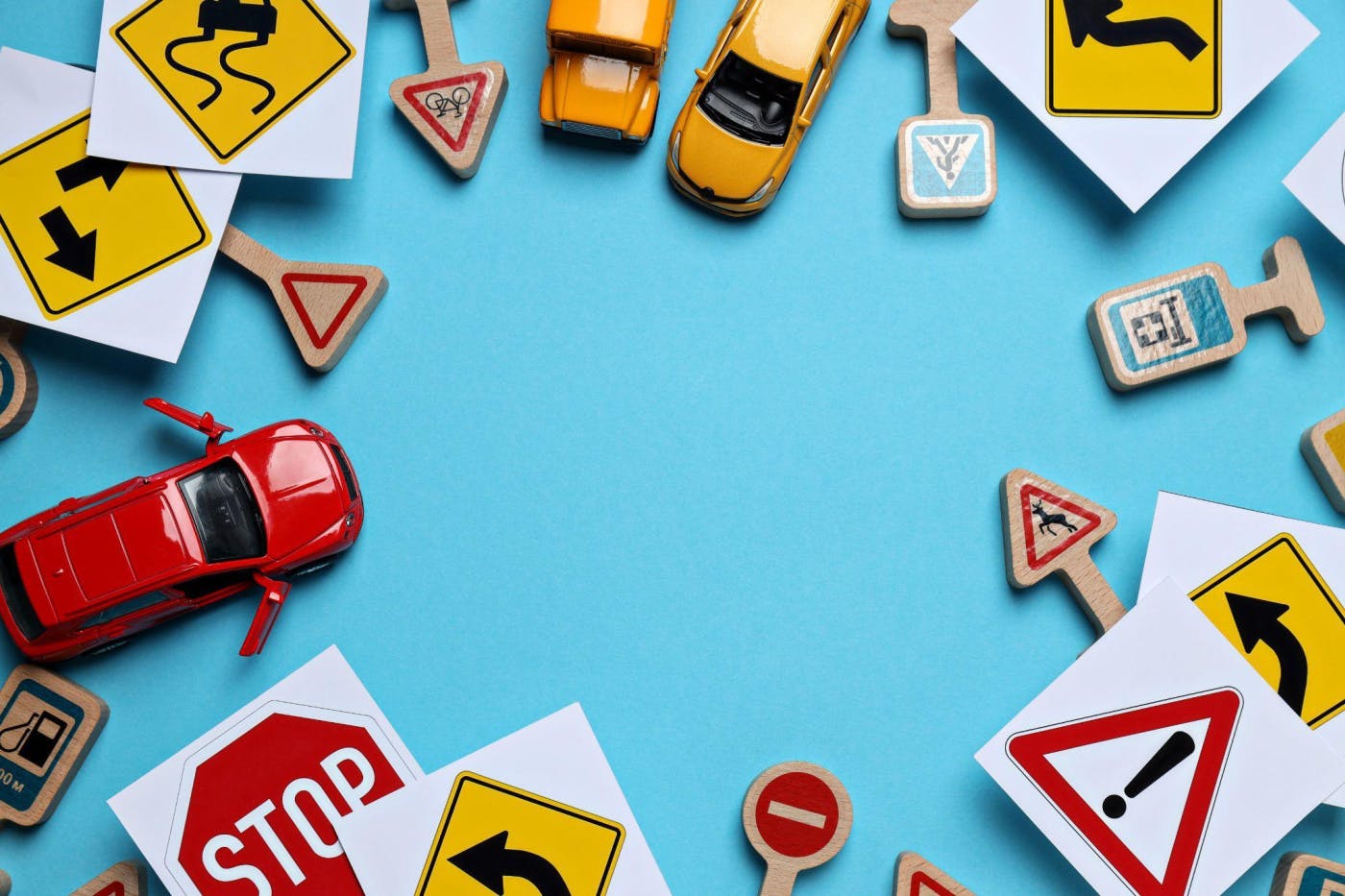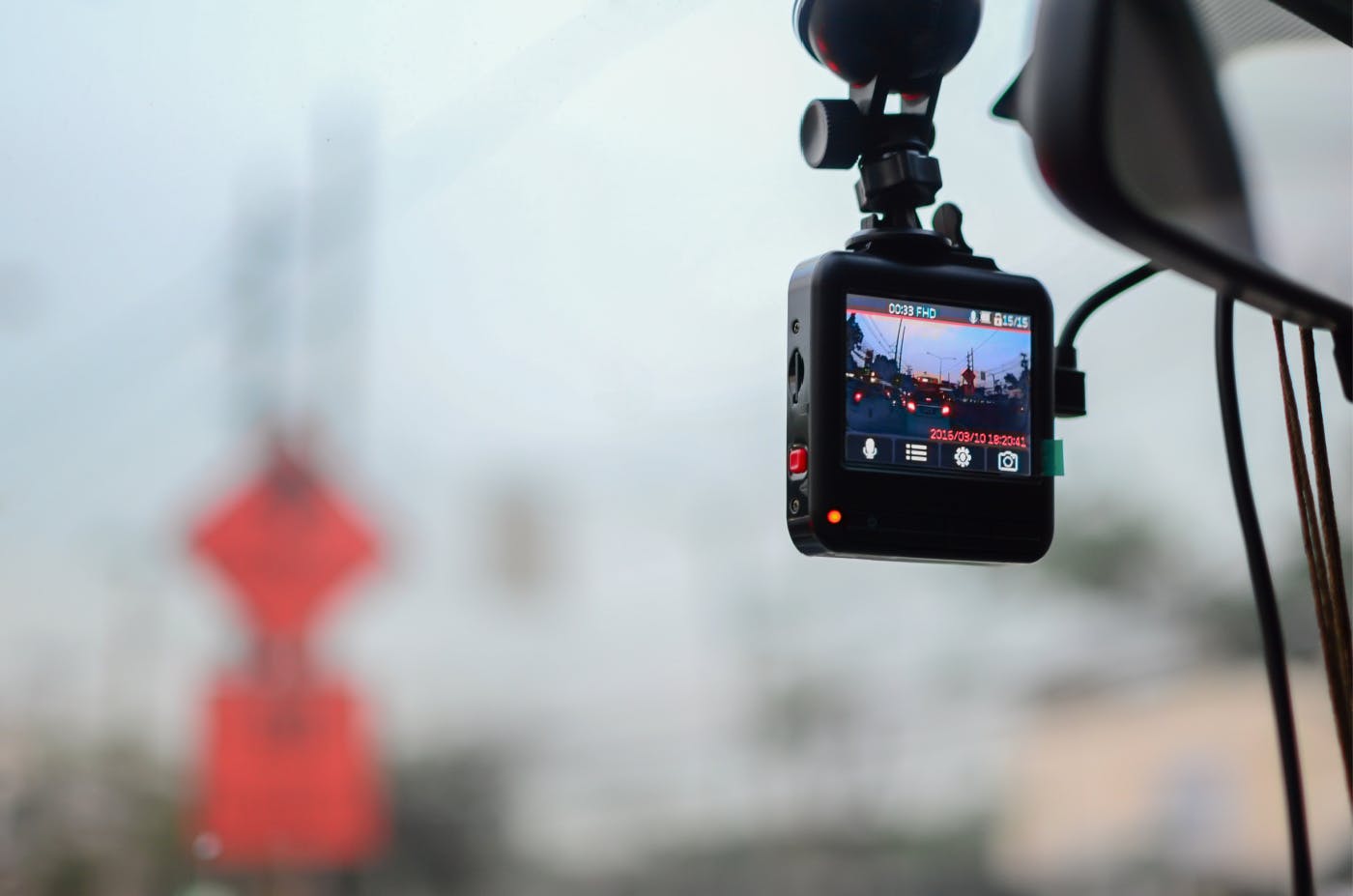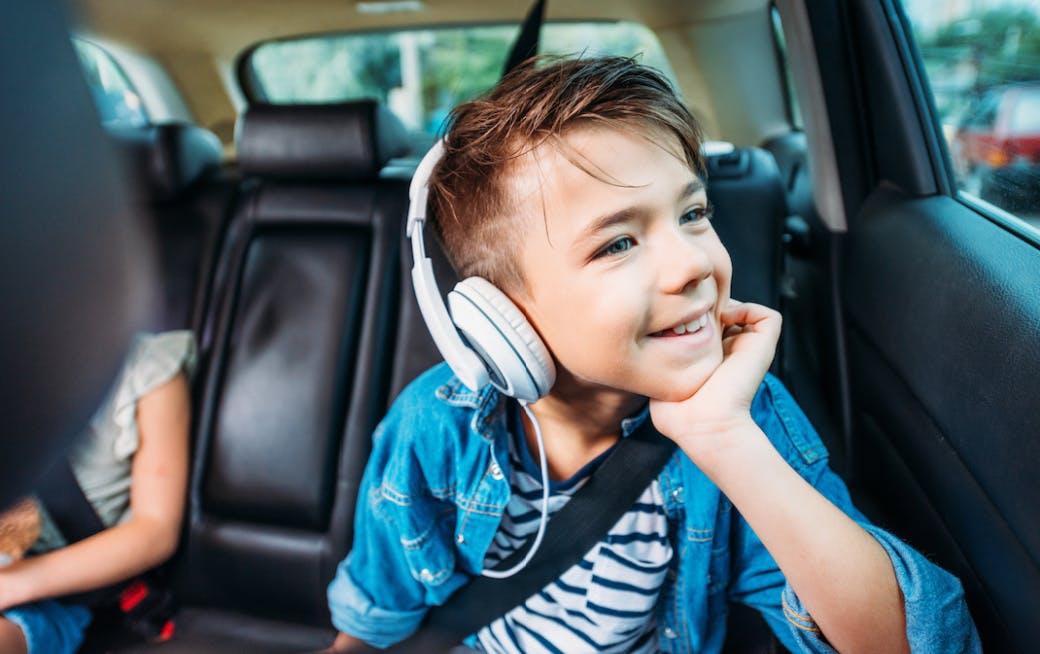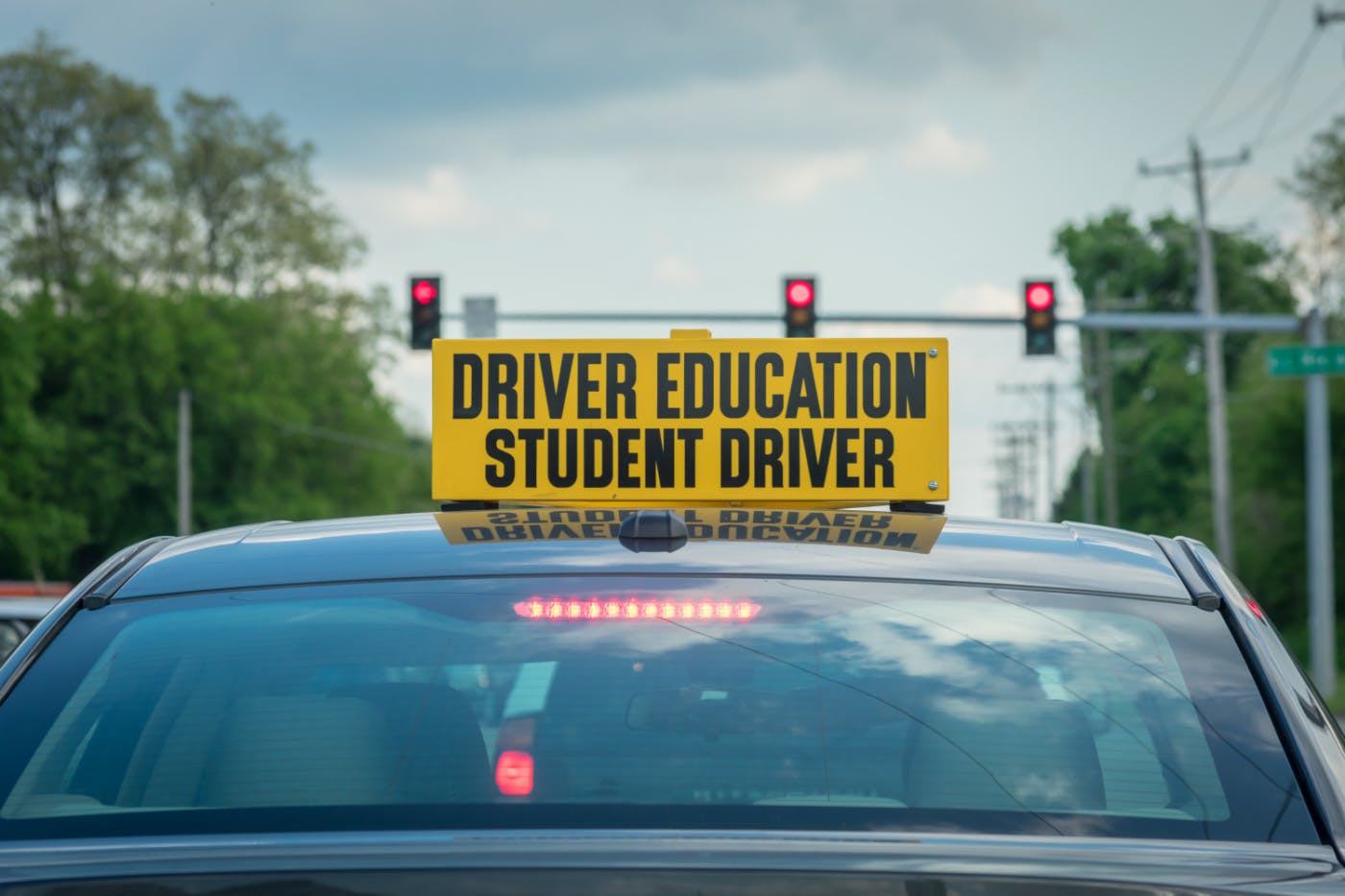Common Questions About Minnesota’s Hands-Free Driving Law
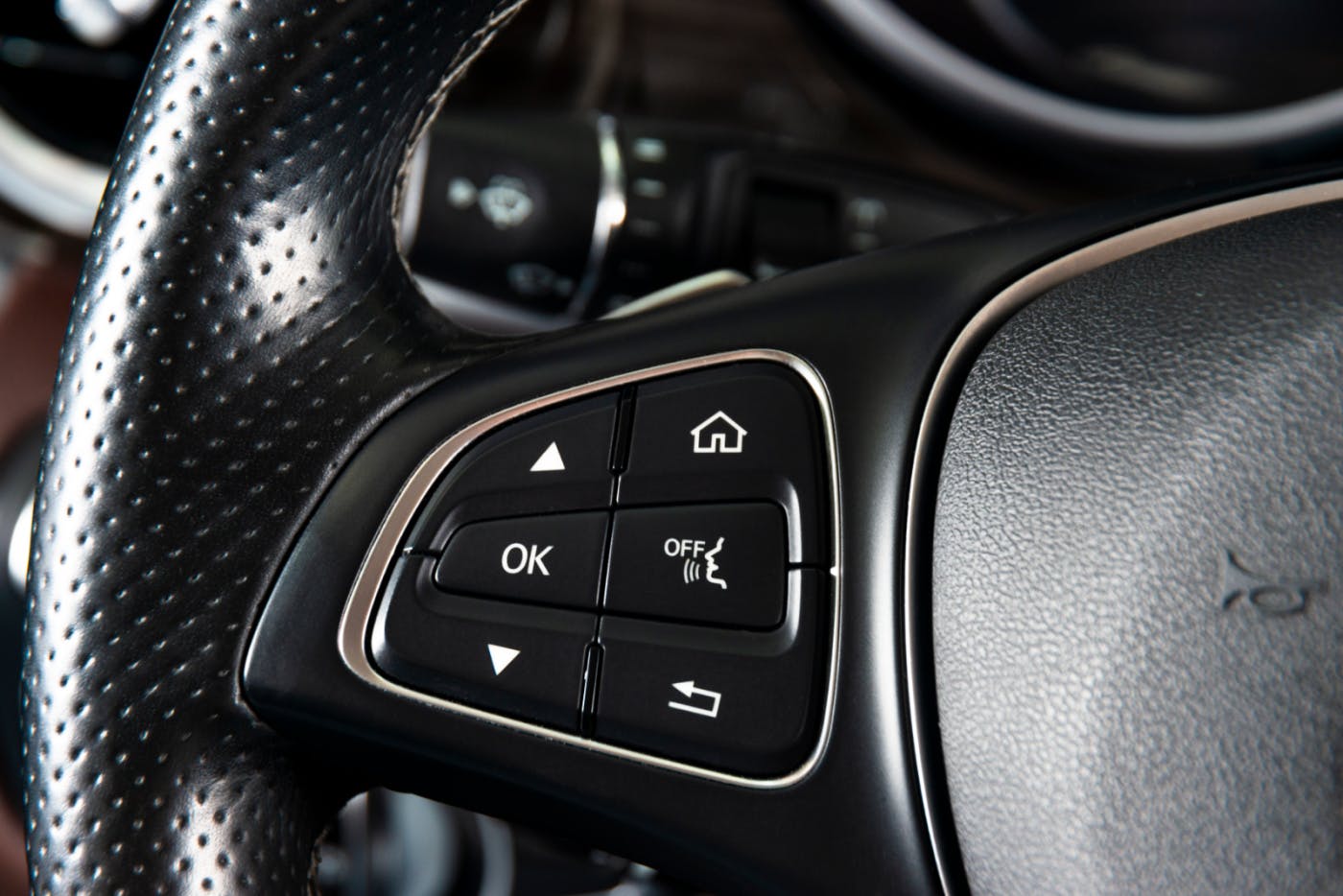
In 2019, Minnesota became the 17th state to go hands-free, strictly regulating the use of cell phones while driving. This law aims to reduce the risk of distracted driving—the #1 cause of car accidents in the U.S.
So what does this mean for you? This guide will answer the most common questions about Minnesota’s hands-free driving law.
What Does “Hands-Free” Mean?
Simply put, Minnesota’s hands-free law states that you cannot have your phone in your hand while driving. This includes holding your phone to:
- Make a phone call
- Text
- Surf the internet
- Check social media
But even holding your phone without actively using it is still a violation of this law. You must put your phone down while driving.
What Can I Do With My Phone While Driving?
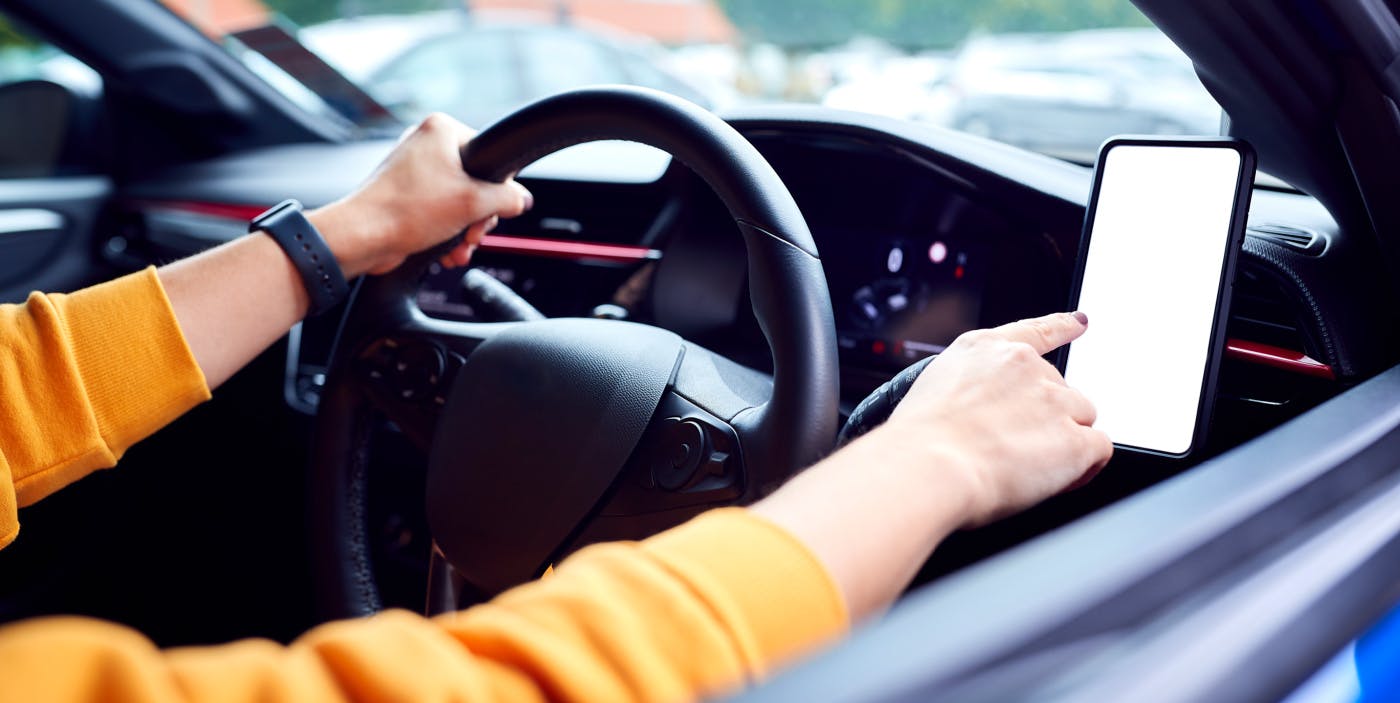
Using voice commands or single-touch activation, you can use your phone to make a call, send a text, listen to music, or get directions while driving. However, you can’t hold your phone anytime during the process.
Can I Use My Phone However I Want as Long as I’m Not Holding It?
No. Even when using voice commands or other hands-free functions, you can’t use your phone to:
- Make video calls
- Read texts
- Live-stream
- Play games
- Watch videos
- Look at photos
…or any other activity that would distract you from the road.
Where Should I Put My Phone While Driving?
There is no legal requirement for where you must store your phone—as long as it is not in your hand. You could place it in a cup holder, center console, or on the passenger seat. If you have a window or dashboard mount, you can use that.
Can I Use My Phone During an Emergency?
Yes. If you need to hold your phone to call 911 or respond to an emergency, you can do so.
Can I Use My Phone for GPS?
Yes, as long as you aren’t holding the phone. A dashboard mount is especially helpful for this.
Can I Use My Phone at a Red Light or Stop Sign?
No. You cannot use your phone if you are simply waiting at a red light or stop sign—or if you are caught in a traffic jam. You can only use your phone if your car is in park.
Can I Use My Phone If I Pull Over?
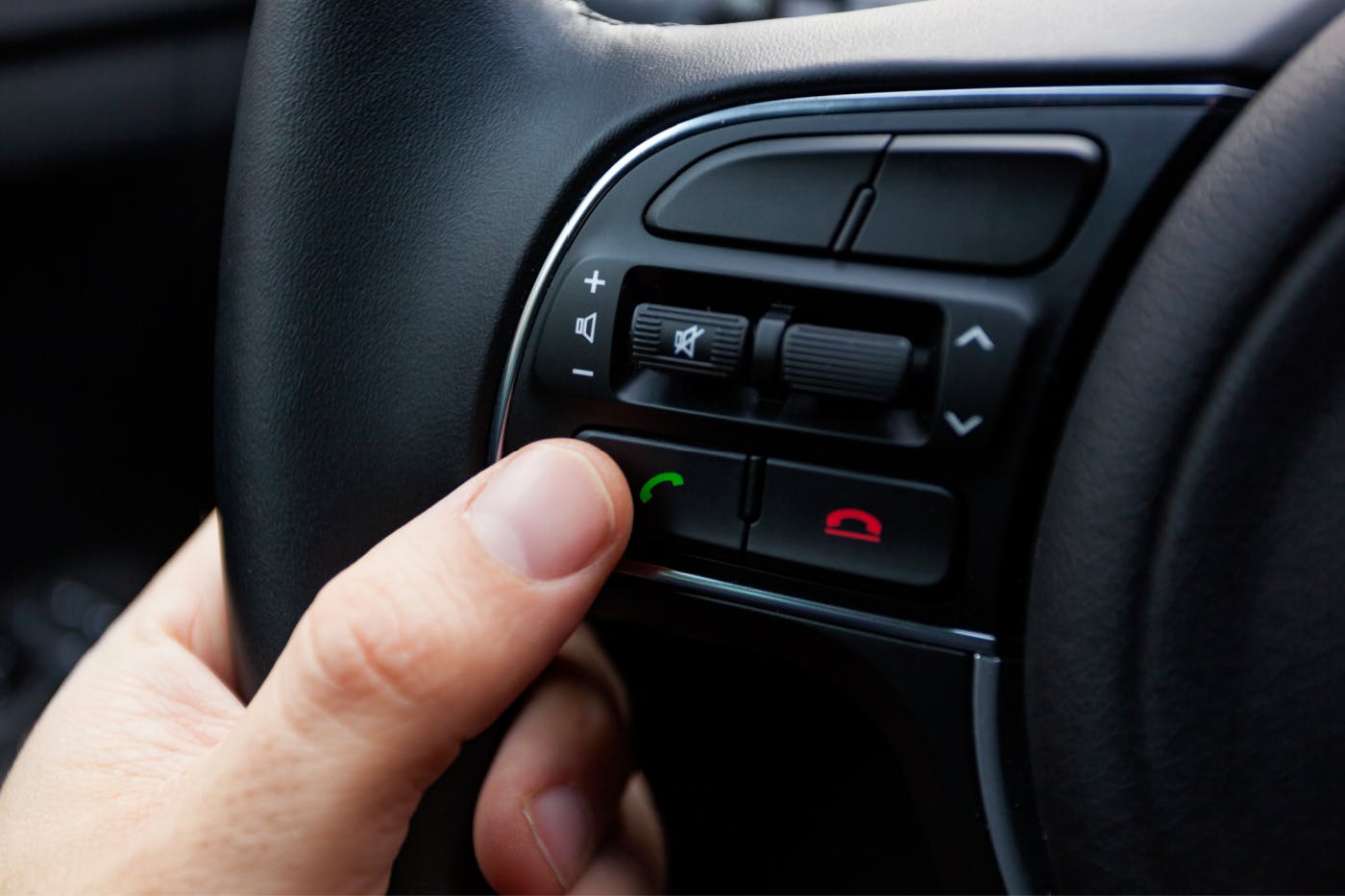
Pulling over on a U.S. highway, county road, or street to use your phone is legal. The only requirement is that your car must be in park. However, this is rarely safe. We recommend always finding a parking lot, gas station, or other off-the-road location before using your phone. Stopping on the shoulder of an interstate freeway or controlled-access highway is always illegal.
Can I Use a Smartwatch While Driving?
Under Minnesota’s hands-free law, smartwatches are treated the same as cell phones. You can wear a smartwatch while driving, but you can only use it in hands-free mode to make calls, send texts, get directions, or listen to music.
Can I Use Headphones While Driving?
No. Minnesota law forbids using headsets, headphones, and earbuds for any purpose while driving.
Is It Illegal to Eat and Drive in Minnesota?
No. The hands-free law only applies to electronics and does not ban eating while driving.
Can a Teen Driver Use a Phone in Hands-Free Mode?
Generally, no. Drivers under 18 with a permit or provisional driver’s license cannot use a phone even in hands-free mode. This means that, unlike adults, minors cannot use their phones to make calls or send texts, even when using voice commands or single-touch activation.
The only times when a minor can use their phone in hands-free mode is to get directions via GPS or to listen to music. And in an emergency, a minor can use their phone in any way necessary to resolve the situation safely.
What Are the Penalties for Violating Minnesota’s Hands-Free Driving Law?
If you receive a ticket for breaking Minnesota’s hands-free law, the first violation will cost $50. Any subsequent violations will increase the penalty to $275. All violations will also appear on your driving record, which could result in higher insurance premiums.
Get Help from Minnesota’s Largest Personal Injury Firm
If you are injured in an auto accident, you may be entitled to compensation—and we can help you get it. At SiebenCarey, we’ve helped thousands of injury victims get the financial support they need. Just tell us about your accident, and we can:
- Explain your rights to you
- Investigate your injury
- Strengthen your case
- Negotiate with insurance companies on your behalf
- Help you recover the total amount of compensation you’re owed



